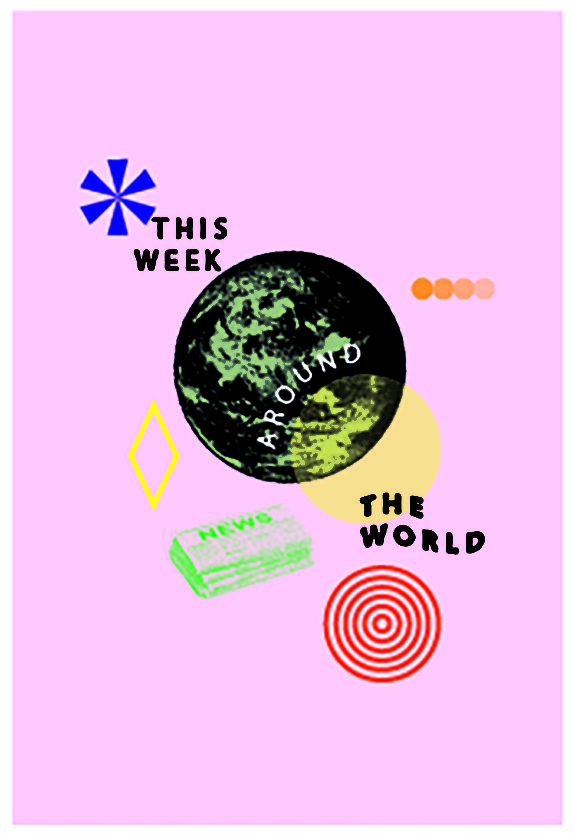Sept. 23 India: The Indian government initiated one of the boldest public healthcare programs in the world, officially known as Ayushman Bharat and dubbed “Modicare.” The program is estimated to assist 500 million people in India, with $6,900 allotted for serious medical issues to all qualifying families. While the program is necessary due to India’s shortage of public health centers, The Independent reported serious concerns with the planning and implementation, which was just announced in February 2018.
Sept. 23 Nepal: According to the World Wildlife Fund, Nepal has nearly doubled the number of wild tigers inside its borders since 2009. A survey conducted in the Terai Arc Landscape between November 2017 and April 2018 showed an estimated 235 tigers, only seven shy of the target population. Nepal is one of the 13 tiger range countries attempting to double tiger populations by 2022, outlined in the 2010 St. Petersburg Tiger Summit.
Ongoing – New York City, NY: U.N. General Assembly
The 73rd United Nations General Assembly opened at the U.N. headquarters in New York on Sept. 18, with the General Debate opening on Sept. 25. The annual assembly brings leaders from around the world to speak and interact, with topics this week including the Iran nuclear deal, election meddling by various countries, the two-state solution in the Palestinian-Israeli conflict, Rohingya repatriation and more.
Saudi Arabian and Canadian relations have not improved, with Saudi Arabia demanding an apology for Canada’s support for women’s rights activists currently residing in Saudi jails. President of Iran Hassan Rouhani warned against Israeli possession of nuclear weapons, while Prime Minister of Israel Benjamin Netanyahu presented pictures of an alleged “secret atomic warehouse” in Tehran. Following a meeting between foreign dignitaries from Britain, France, Germany, Russia, China and Iran, the EU announced a new payment system that would allow trade with Iran while subverting U.S. sanctions.
Sept. 24 Beni, Congo: According to Al Jazeera, due to an increase in violence which began on Sept. 22, aid agencies have halted field work fighting the Ebola virus in the northeast city of Beni. The Congolese army suspects the violence, which left 21 dead, is in connection with a rebel militia group known as the Allied Democratic Forces. The Democratic Republic of the Congo has been fighting the Ebola virus since September, and on Aug. 1 the government officially declared it an outbreak. The Norwegian Refugee Council, which provides assistance such as necessary provisions and education, halted all activities Sept. 24 while other aid agencies were forced to discontinue administering Ebola vaccinations.
Sept. 27 Philippines: President of the Philippines Rodrigo Duterte allegedly admitted to illegal executions during a speech, saying, “What are my sins? Did I steal money? Even just one peso? Did I prosecute somebody I sent to jail? My only sin is extrajudicial killings.” Duterte is currently facing charges of crimes against humanity by the International Criminal Court. According to Human Rights Watch, over 12,000 Filipinos have died, almost 3,000 of which due to police, as Duterte wages his so-called war on drugs.
Sept. 28 Indonesia: Hundreds are dead after a 7.5 magnitude earthquake, subsequent aftershocks and a tsunami hit the island of Sulawesi around 5 p.m. on Sept. 28. Around 400 people were recorded dead the following day; however, as of the evening of Sept. 30, The New York Times reported at least 832 dead, with more yet to be accounted. Additionally, infrastructure and thousands of homes and buildings were destroyed, and the city of Palu’s main road has been covered by landslides.
When I first came to PSU, I was a Chinese major, having studied three years prior in high school alongside French and Japanese. After the first year, I took a hiatus. I don't believe in going to college straight out of high school, but it's what was expected. I returned a few years later to study Japanese at PCC and Arabic at PSU. I am now a junior majoring in International Studies: Middle East and Arabic. In the future, I would like to work as a journalist or humanitarian aid worker in the region, helping people who lack economic and political backing and media exposure.





